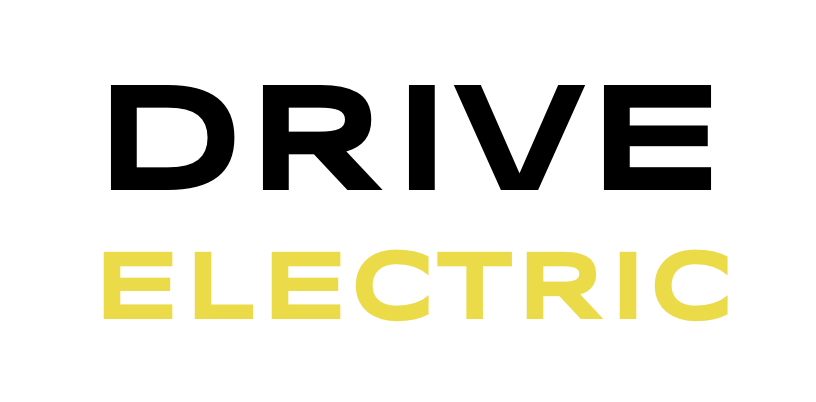We recently travelled over 1,400km on a long weekend road trip between Gauteng and Durban in Volvo’s EX30 electric car and had an incredibly comfortable experience overall, despite some charging niggles.
The N3 has the largest concentration of charging stations of any long-distance route between major cities in South Africa.
Seven DC charging stations are located along the roughly 570 kilometres between Johannesburg and Durban, excluding those within the cities themselves.
With a working charger roughly every 81km, a frequency similar to petrol stations, range anxiety was far from our minds.
We started our trip in Centurion at 16:00 on Friday, 14 June 2024, with the car’s battery on 95%.
The trip down to Durban would happen over more than one day, as we chose to overnight halfway at a guest farm near Harrismith.
The only major charging issue we encountered on the entire trip was at a GridCars station at the Engen Tugela garage on Saturday morning, where the 80kW DC charger would not detect when it was plugged into the car.
We had only planned to get a takeaway breakfast at Wimpy, but because we had to use the backup 22kW AC charger, we decided to enjoy a sit-down meal.
At another GridCars charging station that we used both ways, the RFID scanner was not working, which meant our card could not unlock the charger.
Fortunately, this can also be done via the GridCars ChargePocket app or by sending a request to the GridCars team on WhatsApp using a number registered to a ChargePocket account.
The EX30’s immense power, lightning-fast acceleration, plethora of driver-assistance features, and comfortable seats made the hours spent in the car much easier.
The built-in Google Maps navigation, with GridCars live map integration, showed how much we needed to charge the car at each station to reach the next destination.
Killing some time
The total time we spent charging the EX30 on the way down was about 2 hours and 30 minutes. On the return trip, it was two hours and 7 minutes.
The 592km trip down took about nine hours and 23 minutes. The main factors contributing to this long time were:
- A 25-minute traffic delay in Johannesburg due to the long weekend
- 40 minutes spent on the detour to and from the guest farm
- 45 extra minutes charging the car on a slower AC charger at Engen Tugela
The 650km return trip without an overnight stopover was much faster — eight hours and 36 minutes — but also included an accident that added about 10 minutes of travelling time.
We estimated that our time off the road for charging was around double to three times what it would have been when using a petrol or diesel car.
For three of the six stops we made to charge the EX30, most of the time was spent eating sit-down meals. This time would likely have been the same when driving a petrol car.
The other three stops would likely not have happened with the petrol car.
To kill time, we made quick runs to the bathroom and enjoyed coffee breaks while watching YouTube videos on the car’s display.
An important factor to note is that we chose not to charge at any of our overnight accommodation, which could have significantly reduced the time spent at charging stations.
Full article HERE
(source: My Broadband)

